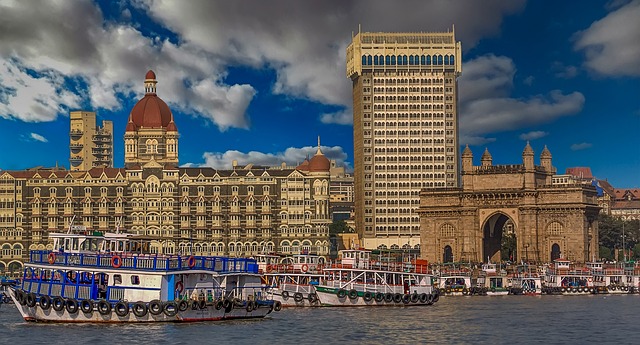
India, the largest democratic nation in the world, is poised to become the latest endorser of the Universal Basic Income (UBI) solution. The move is intended to provide a safety net for all citizens, as well as remove the inefficient benefit systems that are currently being implemented. This information comes from Professor Guy Standing, a UBI advocate and one of the founding members of the Basic Income Earth Network (BIEN) who recently got back from the U.S. after taking part as a consultant on a $20 million UBI trial scheduled to take place in California within the year.
Aside from Prof. Standing, Arvind Subramanian — India’s chief economic advisor — is also a UBI advocate. In a previous report by The Times of India, he was quoted as saying: “People are dragged into poverty due to droughts, declining agriculture opportunities, disease and so on. So the safety net provided by the government should be quite wide, and that is why this UBI has some merit.”
With a UBI system in place, citizens will receive a fixed amount of money from the government. Ideally, this basic income should be sufficient to cover one’s basic needs, especially since having UBI will mean the removal of all other government-given benefits.
In India, Prof. Standing is involved with 3 UBI pilot projects — one in West Delhi and two in Madhya Pradesh. For the communities in Madhya Pradesh, each resident in the 8 villages that took part in the scheme received a basic income for 18 months. In the first year, adults received a monthly income of 200 rupees, while children received 100 rupees. On the second year, the income increased to 300 rupees for adults and 150 rupees for children. The amounts were calculated based on the income of median income families and were supposed to be slightly above the current poverty line.
The trials turned in some promising results. There was a marked improvement in the community’s general welfare, especially when it came to children. But according to Standing, the most striking effect they observed was something they did not foresee — it seems the psychological liberation the people felt, outweighed the feeling of financial freedom that they gained. With a guaranteed income, they enjoyed a sense of control that they previously did not have. They were able to reduce their debts. Women, in particular, felt more empowered to decide on what to do with their lives. Overall, the impact on the communities involved was quite positive and transformative.
Following these favorable results, the feasibility of UBI as a viable program that is ‘basically the way forward’ will be included in the Indian government’s annual economic report card — the Economic Survey. While this in no way guarantees full implementation of the program in the near future due to the heavy cost burden, it’s a major step towards that direction.
- Bulenox: Get 45% to 91% OFF ... Use Discount Code: UNO
- Risk Our Money Not Yours | Get 50% to 90% OFF ... Use Discount Code: MMBVBKSM
Disclaimer: This page contains affiliate links. If you choose to make a purchase after clicking a link, we may receive a commission at no additional cost to you. Thank you for your support!


How does a nation that can’t afford the welfare system it has now, for *some* of the population, pay for a welfare system for *all* of the population?
Universal Basic Income has got to be one of the worst ideas ever!
It would make more sense to increase minimum wage and make sure that companies are not gouging their customers.
Minimum wage just makes it less affordable for businesses to hire people, so they hire fewer of them.